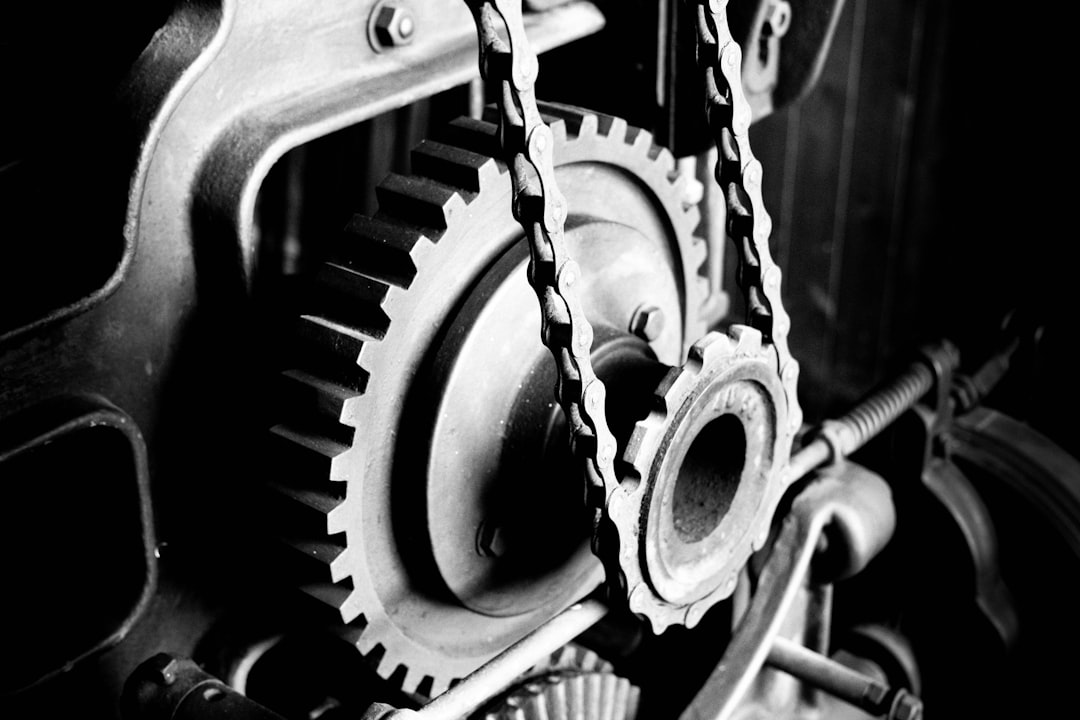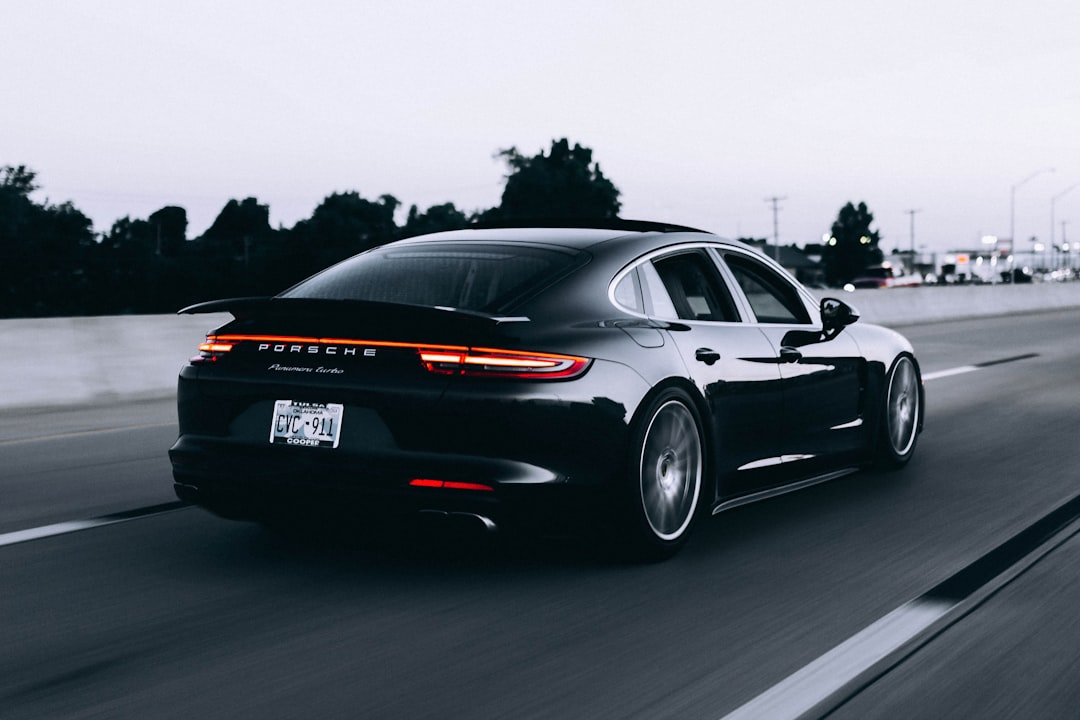Brightly polished copper makes some of the most beautiful utensils that you could add to your kitchen. But copper cookware is more than just a pretty face. Not only can it enhance your ability to prepare meals to perfection, but it can also reduce your kitchen’s energy expenditure. But would kitchen copperware be a good choice for you?
Why You Might Want to Use Kitchen Copperware
Most professional chefs prefer to use copper pots due to the metal’s excellent heat conductivity. Burn spots are pretty much unheard of in copper cookware, and one can attain very precise heats. As such, you can brown and braise just about any dish to perfection.
Copper cookware also scores high when it comes to handling. Most pots tend to be heavy enough to sit securely on your stove tops, but sufficiently light to lift easily using one hand. There’s also the stylish allure of shining copper pans; their quality and richness will definitely add to your kitchen’s visual appeal.
Are There any Caveats?
Like most high-quality items, copper cookware comes with a few drawbacks to consider. The metal is known to have chemical reactions with the foods it comes into contact with. Most copper pans are thus lined with other less-reactive metals, such as tin or steel.
Copper pots and pans require some elaborate maintenance techniques. For instance, the utensils must be polished regularly, even if they’re not used often, in order to prevent corrosion. Copper cookware cannot be cleaned in the dishwasher. It also needs thorough hand drying to prevent spotting.
Caring for Your Copper Cookware
Because items made of copper are among the most expensive kitchen utensils, you’ll have to maintain them properly if they’re going to pay off in decades of use. There are a few rules that apply for most copper items:
-Handle with care: Copper pots should be washed in warm water, using a soft sponge and gentle detergent. Never use potent cleaning solutions, especially ones that contain bleach.
-Never heat a dry copper pan: Heating your pots without putting any food or fat can cause the lining to degrade. Copper cookware is generally suited for low and slow cooking.
-Keep them gleaming: To avoid tarnishing, you need to apply a specialty copper cleaner on a regular basis. Use a soft cloth to buff the surface, rinse, and dry.
While copper makes an excellent material for cookware, it’s quite pricey, and needs some TLC to keep it in top condition. Fortunately, most manufacturers understand the challenges of using copper cookware. You can thus find a handful of practical options, from stainless steel skillets with a copper bottom to others where a copper layer is sandwiched between other sturdier metals.









